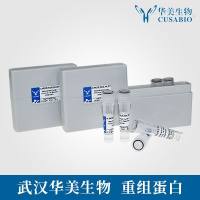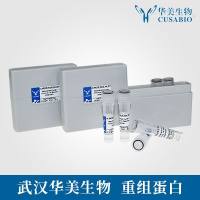Functional Assays for Human Embryonic Stem Cell Pluripotency
互联网
互联网
相关产品推荐

WIP (Lysis Buffer for WB/IP Assays, Nondenaturing)(C-0013)-30ml/60ml/100ml
¥70

Recombinant-Cat-Kit-ligandKITLGKit ligand Alternative name(s): Mast cell growth factor; MGF Stem cell factor; SCF c-Kit ligand Cleaved into the following chain: 1. Soluble KIT ligand; 2. sKITLG
¥10990

Recombinant-Human-Zinc-transporter-9SLC30A9Zinc transporter 9; ZnT-9 Alternative name(s): Human embryonic lung protein; HuEL Solute carrier family 30 member 9
¥13832

IL-2重组蛋白|Recombinant Human IL2 Protein
¥1080

PicaGreen dsDNA Assay Kit *2000 assayundefined(C6030)-10×100ul
¥4200
相关问答

